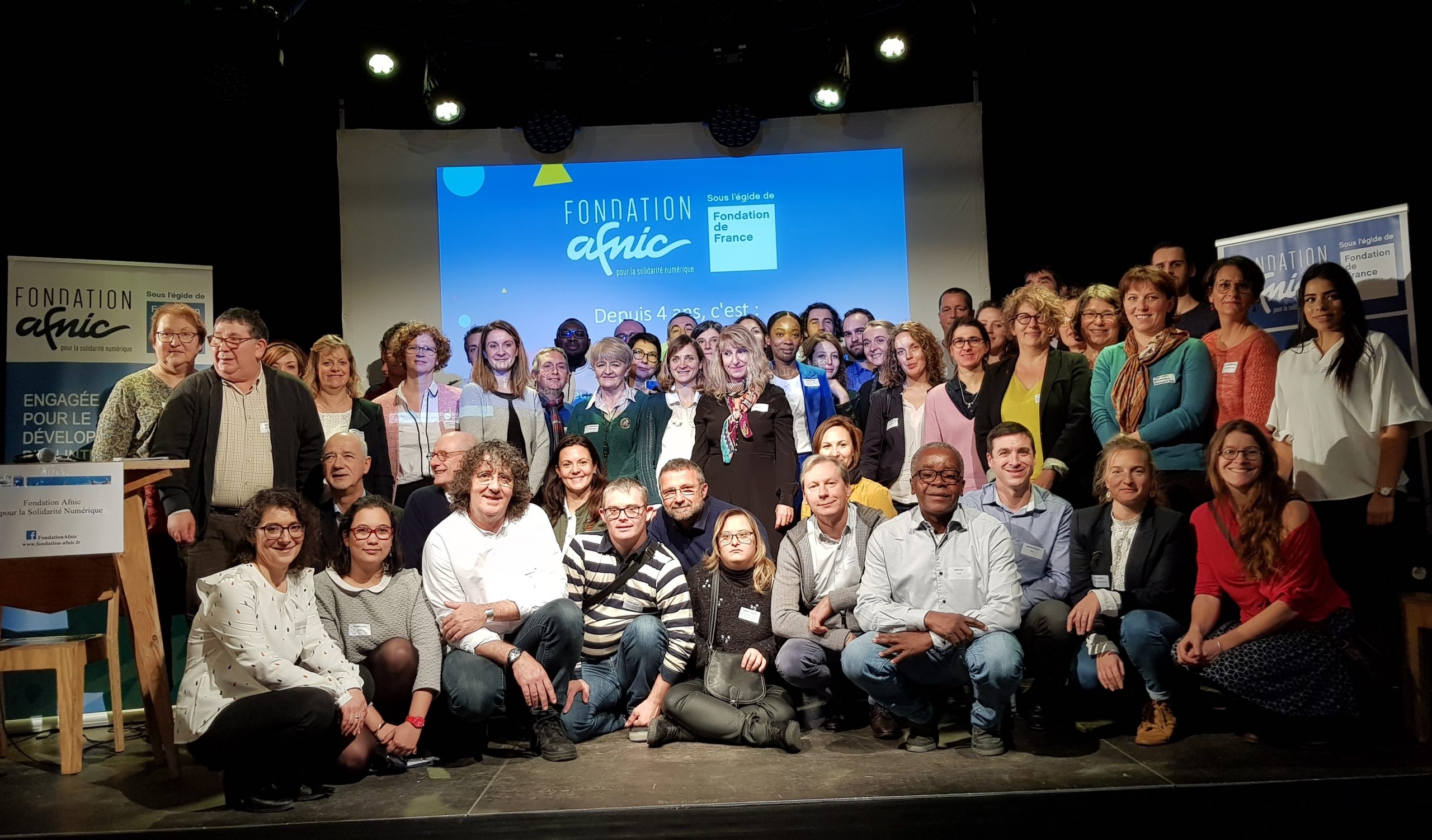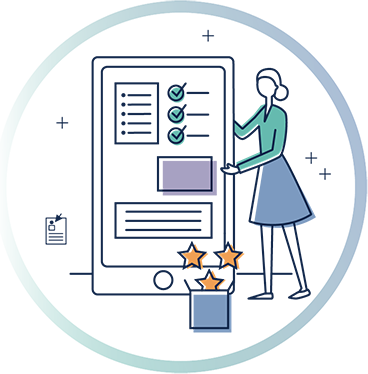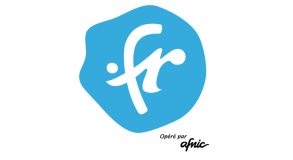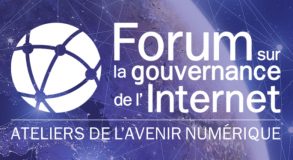Afnic has committed to devoting 11% of its Revenues to actions of general interest, in particular by transferring €1.3 million each year to the Afnic Foundation for Digital Solidarity, which supports local initiatives to promote digital inclusion.
Although digital technology facilitates the lives of many, lack of availability or digital skills also has an exclusionary effect, particularly among the elderly, the disabled, young people with no qualifications, and low-income households. Conscious of these obstacles, the Afnic Foundation for Digital Solidarity aims to contribute to the development of a more inclusive internet in order to make digital technology a stepping stone towards integration for a more equitable society.
Created in 2015 under the auspices of the Fondation de France, the Foundation supports non-profit projects for digital inclusion throughout France.
Through this commitment, Afnic uses the revenue generated by .fr domain name registrations to serve the French internet community: an original type of social economy.
Go to the Afnic Foundation websiteCombating digital exclusion
Making the internet more accessible and more useful to all. In order to promote digital inclusion, the Foundation supports initiatives encouraging the territorial development and opening up of certain regions, as well as initiatives combating digital disability and illiteracy.
Digital technology now permeates all aspects of our lives. The Afnic Foundation provides support for the development of cultural, citizen, educational, ecological, health and inclusive projects.
However, it gives priority to formative initiatives led by players in the social economy, based on the following three objectives:
– Objective 1: Support for solidarity mechanisms: providing innovative solutions to people in job integration programmes, early school leavers, people with disabilities, the elderly, the sick, and to overcome geographic isolation;
– Objective 2: Support for societal changes: contributing to consideration of environmental issues (global warming, biodiversity, reducing greenhouse gases, transport, air quality, etc.), providing innovative solutions in the housing and habitat sector;
– Objective 3: Strengthening social cohesion: increasing the effectiveness of initiatives led by professionals in the social and inclusion sectors through innovative work processes and collaboration within their structures.
Project funding and expertise
The Afnic Foundation launches calls for proposals, drawing on community networks.
In Bordeaux, for example, the Atelier Graphite was funded in 2019 to help users write to public services online. In Paris, the association Droits d’urgence, is comprised of lawyers, magistrates, legal experts, notaries and legal officers to help socially and economically vulnerable people with their online procedures, received funding. As did the national initiative Silver Geek for seniors. Some of these projects go on to expand – like the digital safe Reconnect.
In addition to the funding it allocates, the Afnic Foundation provides project initiators with expertise and acts as a meeting ground and hub for grassroots initiatives and skills, to help innovative and model projects emerge.
After several years in operation and hundreds of applications, the Afnic Foundation has generated great interest, with strong motivation among project managers and diverse audiences attuned to the annual priority areas.
The Foundation seeks to reconcile the autonomy and diversity of teams through a strategical consolidation of efforts and consultation designed to endorse projects.
Photo of the 2019 award winners of the Afnic Foundation

Photo of the 2019 award winners of the Afnic Foundation
Key figure
Some 250 projects have received a total of around €5 million in funding to date.
Real projects for real needs
Faced with the 2020 health crisis, the Afnic Foundation decided to respond to the call of the Fondation de France and step up its action to help the most vulnerable.
As such, Chemins d’Espérance received support to equip some twenty nursing homes with connected speakers and PA systems and run activities in the establishments’ courtyards or gardens, run activities in the establishments’ courtyards or gardens, that residents can watch from their windows while confined to their bedrooms.
The Soliguide de Solinum platform has also adapted to the needs arising from the crisis by enabling people living in poverty more easily access essential services (food, hygiene, shelter, legal support, French classes, etc.).
Lastly, the association En avant toutes was able to increase its support capacities for women and children victim of violence by opening the first 7/7 chat line, adapted to the constraints of lockdown.




